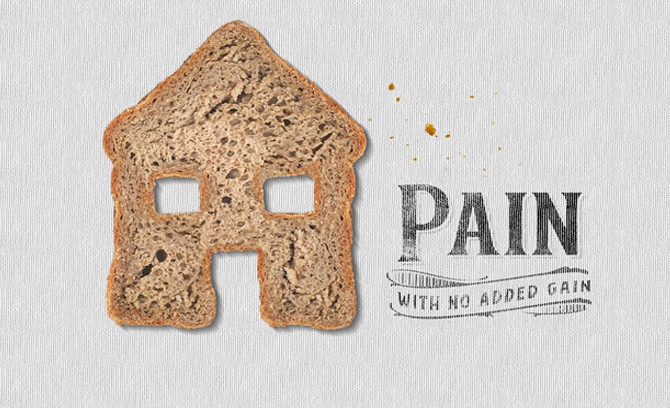
Buying a French house is obviously not as easy as buying a baguette, but there are those that treat it as lightly…
With frightening regularity, Bright Avocats deal with litigation involving property purchases because neither the vendor nor the purchaser was informed of the extent of their commitment when signing a compromis de vente or a promesse de vente.
Both of these documents are contracts, with carefully defined terms and conditions.
For example, when a buyer needs a loan, the maximum length and the monthly instalments that the buyer can ask for will be stipulated in the compromis or promesse. If the buyer then seeks a loan with different terms and the banks refuse them, then he will not be protected by the suspensive clause (of not being able to obtain finance) because by applying for a different loan than the one set out in the compromis or promesse, the buyer is in breach of contract.
We have also met cases where the vendor wanted to terminate the compromis or promesse because they had found a higher bidder or no longer wanted to sell; or indeed, cases where the buyer wanted to retract, but after the ten days’ cooling off period.
In the best-case scenarios, negotiation takes place over the fate of the deposit, to compensate the party who was not at the origin of the termination. However, in many cases, litigation is initiated, to either have the other party condemned for damages according to the penalty clause in the compromis or promesse, or even to force the sale upon the buyer or the vendor.
This is why it is paramount to understand that compromis and promesse are legally binding contracts and as such, they create obligations and rights. One of these obligations is similar to the UK contractual obligation to disclose any information pertaining to the property which may be key to the buyer’s consent to purchase.
A lot of litigation we face at the moment concerns cancellations of property sales because key information was not disclosed, such as the projected construction of a nearby wind farm, the absence of sufficient insulation, the septic tank which could not be moved due to public water pipes passing through the property, etc.
Litigation in property deals can be based on all manner of reasons, some justifiable, while others are unimaginable.
What it is certain though, is that litigation is an expensive and lengthy pain that you can do without. Which is why, we advise both buying and selling clients with our in-depth knowledge and experience. Because without it, your property deal’s toast!
